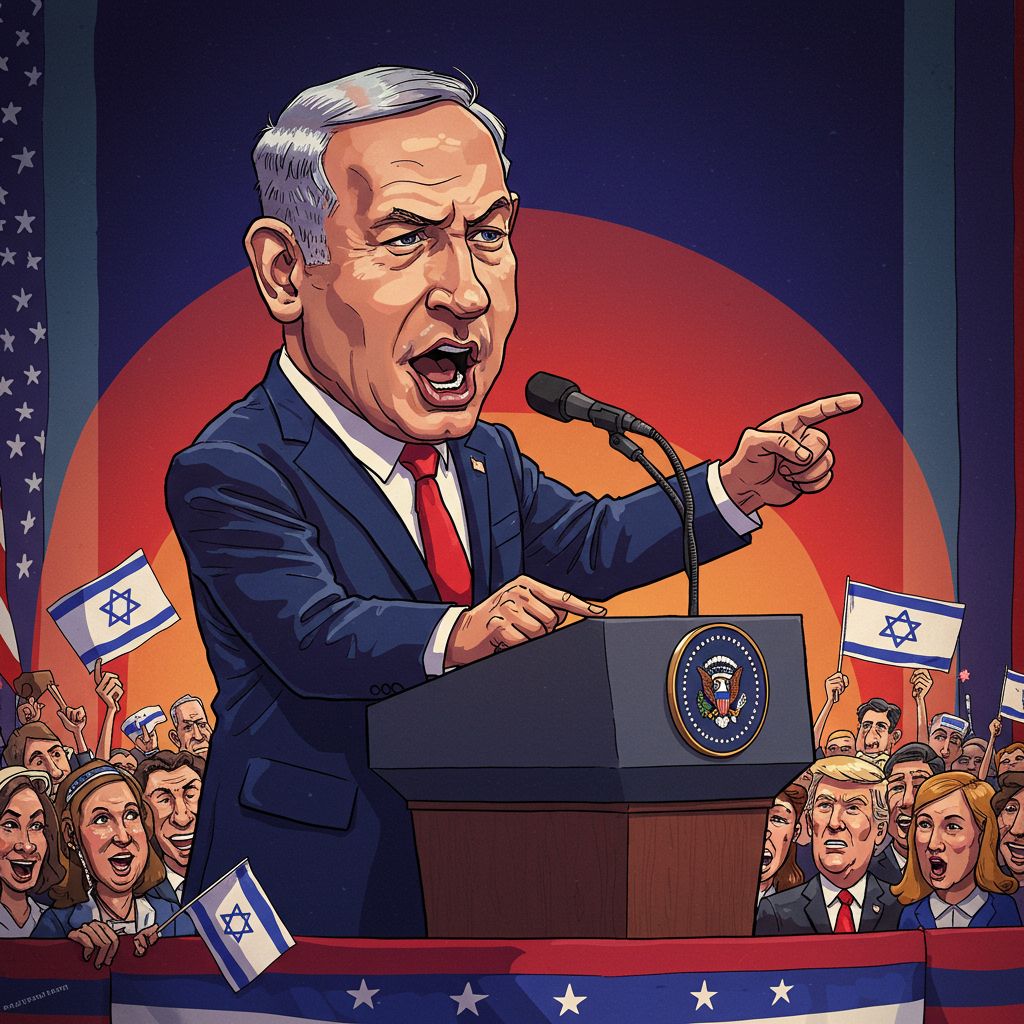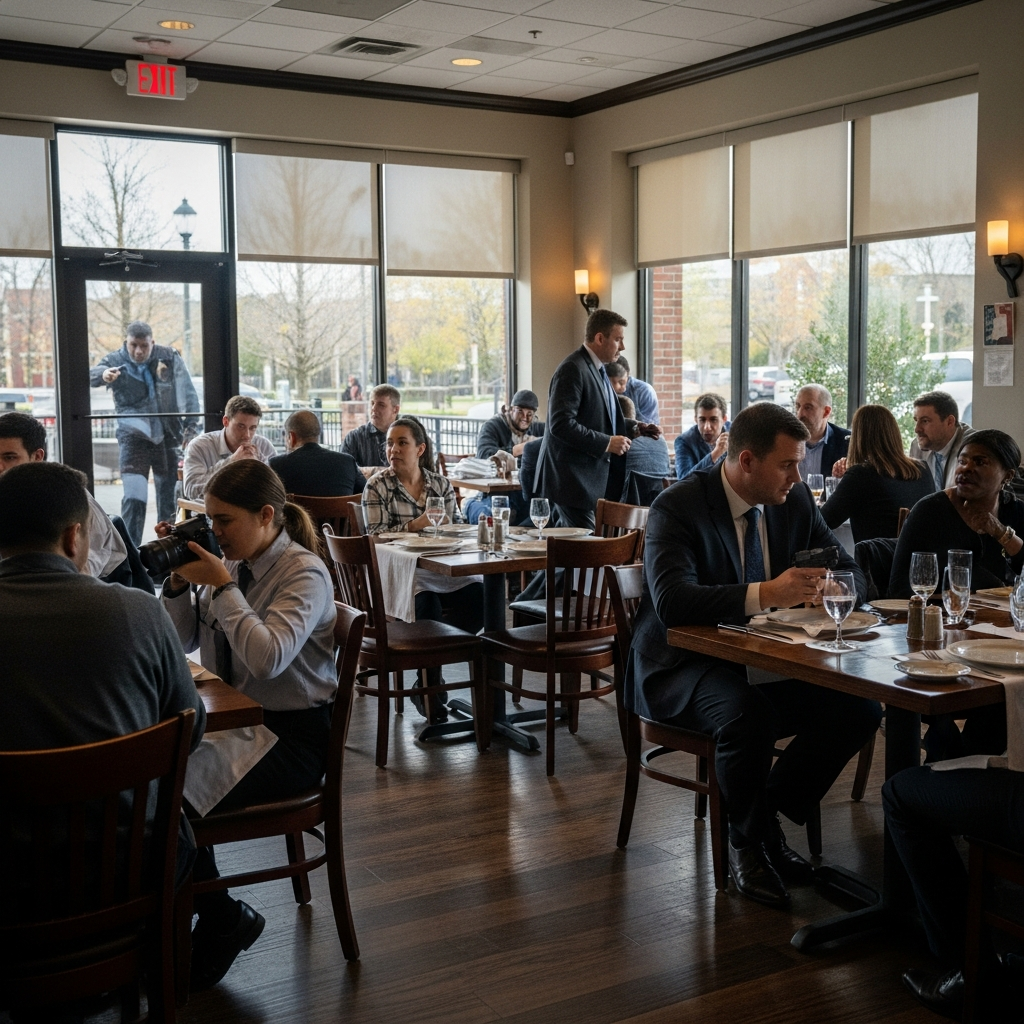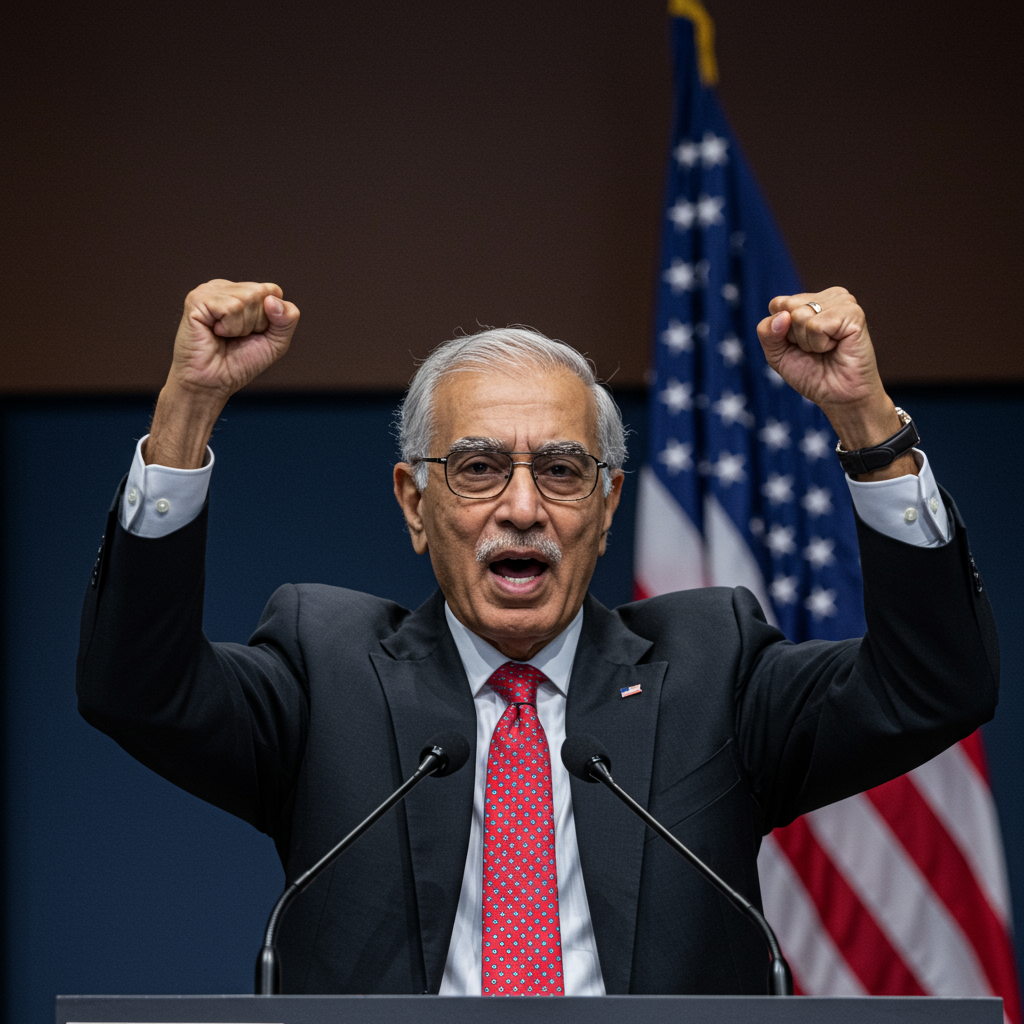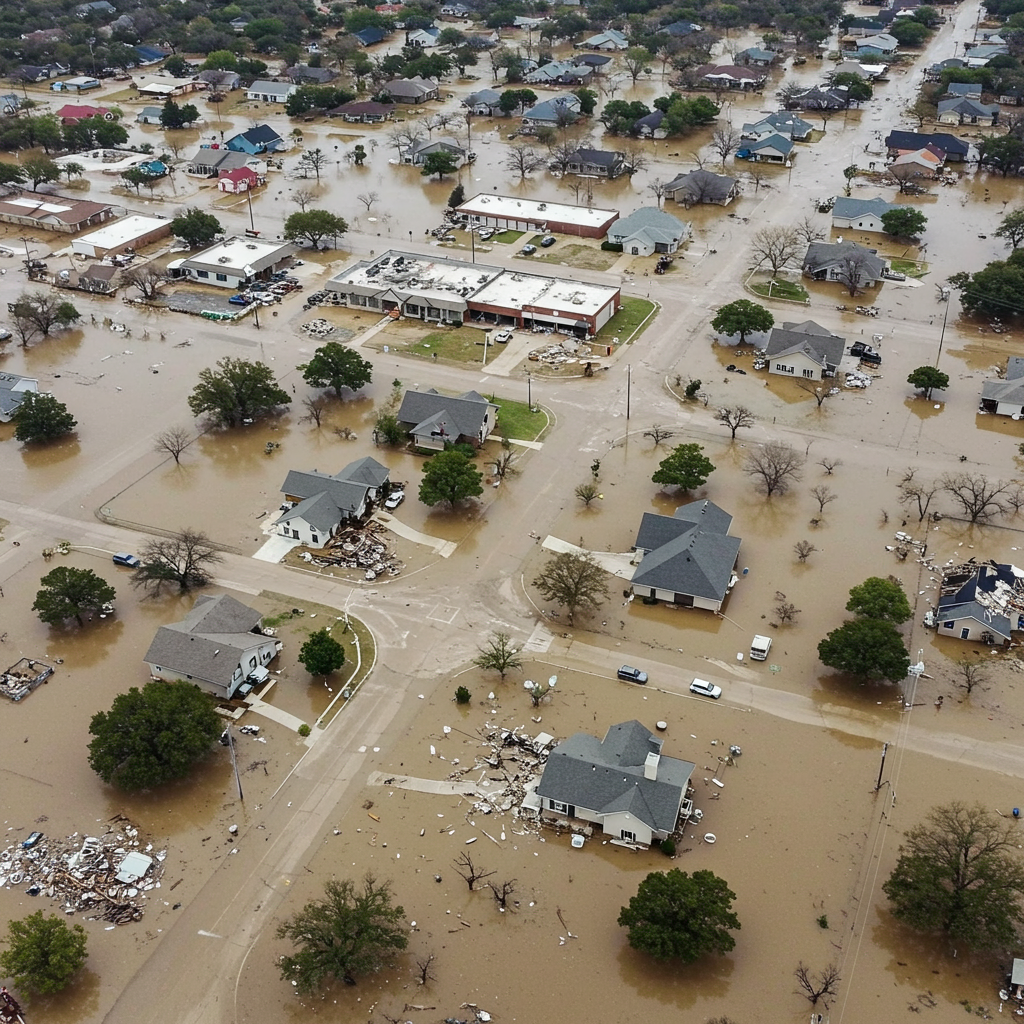Netanyahu Praises Trump Following US Strikes on Iranian Nuclear Sites
Israeli Prime Minister Benjamin Netanyahu has publicly lauded President Donald Trump following direct US military strikes targeting key Iranian nuclear facilities on June 22-23, 2025. Netanyahu hailed the action as a “very successful attack” and a “bold decision” that he believes will fundamentally alter the course of history.
Speaking in a video address, Prime Minister Netanyahu invoked a principle he often shares with President Trump: “Peace through strength.” He elaborated, stating, “First comes strength, then comes peace. And tonight, Donald Trump and the United States acted with a lot of strength.”
The US strikes, which occurred in the early hours of Sunday, June 23rd, marked a significant escalation in the ongoing conflict between Israel and Iran, bringing the United States directly into the military campaign aimed at dismantling Iran’s nuclear program.
Details of the US Operation
According to reports, the US targeted three principal Iranian nuclear sites: Fordow, Natanz, and Esfahan (also referred to as Isfahan). These strikes followed over a week of intense aerial exchanges between Iran and Israel, part of Israel’s “Operation Rising Lion,” which targeted Iranian military and nuclear infrastructure and personnel after claiming Tehran was close to developing a nuclear weapon.
President Trump confirmed the attacks via social media and in an address from the White House, declaring the targeted facilities were “completely and totally obliterated” and describing the mission as a “spectacular military success.”
Details emerging about the operation highlight the scale and specific capabilities deployed:
Fordow: This deeply buried facility, located 300 feet underground, was reportedly struck with six GBU-57 Massive Ordnance Penetrator (MOP) “bunker buster” bombs, delivered by B-2 stealth bombers. This suggests the US military possessed unique capabilities necessary to effectively neutralize such a heavily fortified site.
Natanz and Esfahan: These sites were reportedly targeted with approximately 30 Tomahawk missiles, likely launched from US submarines.
Netanyahu emphasized the unique power demonstrated by the US, stating, “America has been unsurpassed – it has done what no other country on Earth could do.”
Strategic Significance and Warnings
Netanyahu framed the US action as a critical pivot point, arguing that President Trump’s leadership has created a “pivot of history that can help lead the Middle East and beyond to a future of prosperity and peace.” He offered congratulations to Trump, stating, “Your bold decision to target Iran’s nuclear facilities with the awesome and righteous might of the United States will change history.”
President Trump also issued a stark warning to Tehran in the aftermath of the strikes. He presented Iran with a choice between “peace or tragedy,” cautioning that if peace did not come swiftly, the US was prepared to strike “other targets with precision, speed and skill.” He further declared the event an “HISTORIC MOMENT FOR THE UNITED STATES OF AMERICA, ISRAEL, AND THE WORLD.”
While US officials informed Israel in advance of the planned strikes, some reports indicated a strategic disagreement, with Trump reportedly believing only the US could effectively target Fordow, while Netanyahu had suggested Israel could handle it alone.
Iran’s Reaction and International Response
Iran strongly condemned the US strikes, labeling them an “unforgivable violation of international law” and a “grave violation” of the UN Charter. Iranian officials asserted they reserve “all options” for self-defense and warned of potentially “everlasting consequences.”
Despite the severe damage claimed by the US and reported by media, Iran’s nuclear agency maintained that its nuclear work would continue. Iranian state media claimed the targeted sites were evacuated “some time ago” and held no radioactive material, though the International Atomic Energy Agency (IAEA) has previously confirmed highly enriched uranium production at Fordow, raising concerns about potential limited contamination from the strikes. An analyst also suggested satellite imagery showing trucks at Fordow could indicate uranium had been moved prior to the attack.
Iran’s Foreign Minister, Abbas Araghchi, expressed deep distrust of Western nations and accused the US of using prior diplomatic engagements as a “cover” for Israel’s attacks. He stated that the door for diplomacy was “not the case right now,” although he added it “should be always kept open.” Iran is reportedly still receiving messages from the Americans through various channels.
Internationally, the strikes were met with alarm. UN Secretary-General António Guterres warned of a “dangerous escalation” that could lead to “potential chaos” and urged de-escalation and adherence to international law. Some Latin American leaders called for a return to diplomacy and condemned the US action. Russia reiterated its stance that it had seen no evidence Iran was preparing nuclear weapons and stated its readiness to support Iran’s peaceful nuclear program.
The US action has also ignited debate domestically regarding the legality and constitutionality of the strikes without congressional authorization, drawing questions from lawmakers across the political spectrum.
Coming more than seven years after President Trump withdrew the US from the 2015 Iran nuclear deal (JCPOA), which he criticized as inadequate, the strikes represent a dramatic shift in US policy towards directly confronting Iran’s nuclear facilities through military force.
As the region braces for potential Iranian retaliation, the full implications of this unprecedented US military intervention remain a subject of intense international scrutiny.




